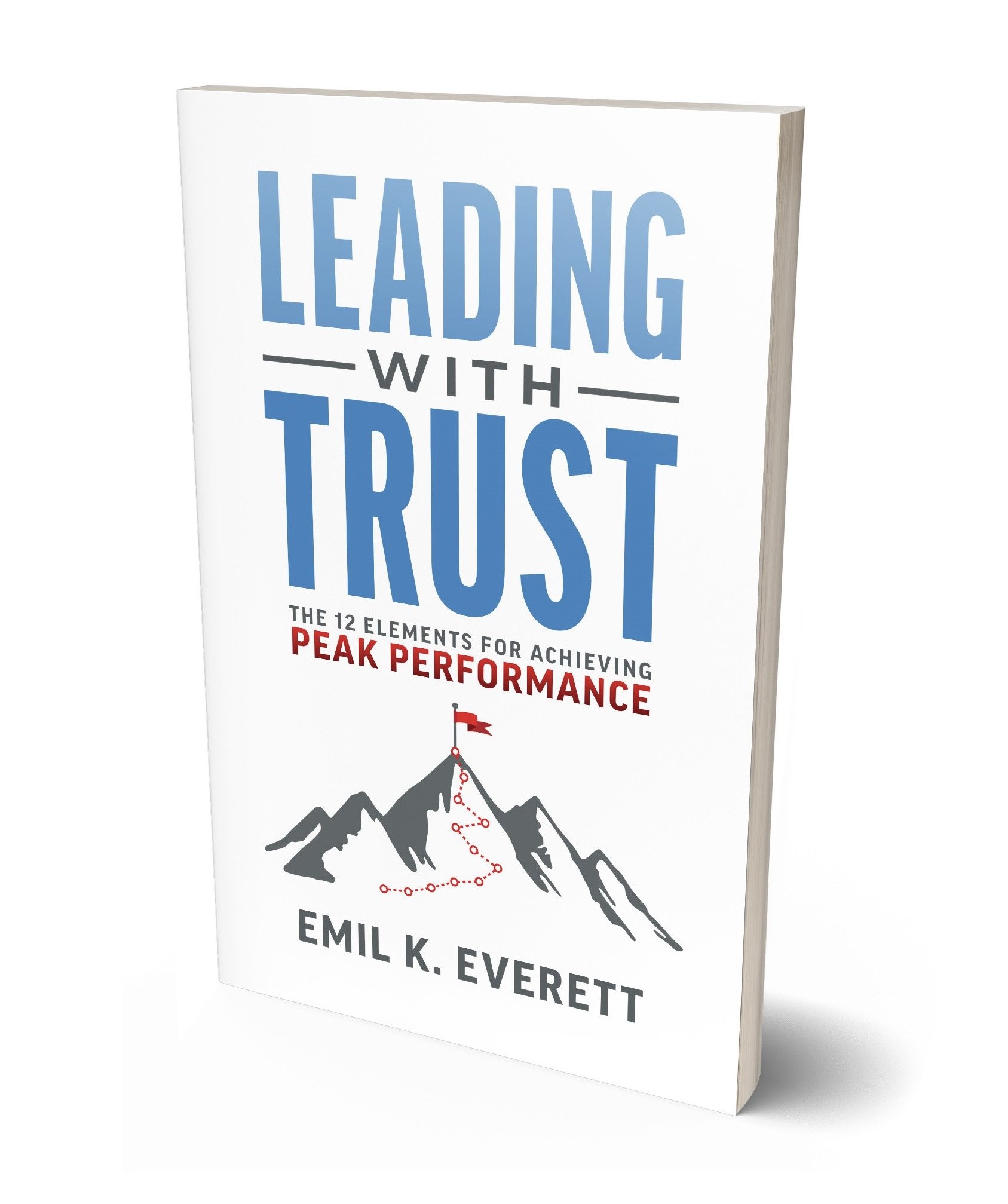Increase Your Team’s Effectiveness: 10 Strategies for Success
Teamwork is the cornerstone of success in many organizations. A highly effective team can achieve more, innovate better, and adapt faster than individuals working in isolation. However, building and maintaining a high-performing team is no simple task. It requires careful planning, effective leadership, and a commitment to continuous improvement. Here are ten strategies to improve team effectiveness and achieve better results:
Define Clear Objectives and Roles: Defining clear objectives and roles from the outset is essential. Ensure that each team member understands their responsibilities and how they contribute to the team's overall goals. A lack of clarity in roles can lead to confusion, duplication of effort, and frustration among team members.
Foster Open Communication: Open and honest communication is vital for team effectiveness. Encourage team members to express their ideas, concerns, and feedback freely. Establish regular team meetings where everyone can share updates and insights. Moreover, it creates a culture where constructive criticism is welcomed, and conflicts are resolved through respectful dialogue.
Build Trust: Trust is the foundation of any successful team. Team members must believe in each other's abilities and intentions. Leaders should lead by example, be consistent, and demonstrate integrity to build trust. Encourage collaboration and cooperation rather than competition among team members. Trust allows for a more open exchange of ideas and enhances overall team cohesion.
Promote Diversity and Inclusion: Diverse teams bring different perspectives and approaches to problem-solving, which can lead to more innovative solutions. Inclusive teams make every member feel valued and heard. Ensure that your team is diverse regarding skills, backgrounds, and experiences. Encourage the active participation of all team members and create an environment where diverse viewpoints are respected and celebrated.
Set Clear Expectations: Clearly defined expectations help team members understand what is required of them and how their performance will be evaluated. Establish goals, deadlines, and key performance indicators (KPIs) that align with the team's objectives. Regularly review progress and adjust expectations as needed to adapt to changing circumstances.
Provide Resources and Training: Investing in your team's growth and development is crucial for long-term effectiveness. Provide access to the necessary resources, tools, and training that enable team members to enhance their skills and stay up-to-date with industry best practices. A well-equipped team is more capable of achieving its goals.
Empower Decision-Making: Empowering team members to make decisions within their areas of responsibility fosters ownership and accountability. Encourage autonomy and trust team members to use their judgment. This not only speeds up decision-making but also increases morale and job satisfaction.
Embrace Technology: Leverage technology to streamline communication, collaboration, and project management. Project management software, communication platforms, and virtual collaboration tools can facilitate team coordination, especially when working remotely or across different locations.
Provide Regular Feedback: Feedback is essential for improvement. Regularly assess the team's performance and provide constructive feedback to individual members. Acknowledge accomplishments and address areas that need improvement. Encourage team members to self-assess their work and set personal development goals.
Celebrate Achievements: Recognizing and celebrating big and small achievements can boost team morale and motivation. Acknowledge individual and team accomplishments publicly to reinforce a sense of pride and accomplishment among team members.
Improving team effectiveness is an ongoing process that requires leadership, communication, and a commitment to continuous improvement. By implementing these strategies, organizations can create high-performing teams capable of overcoming challenges, adapting to change, and achieving their goals excellently. Remember that each team is unique, so tailor these strategies to your specific circumstances and be open to adjusting them as your team evolves and grows.

